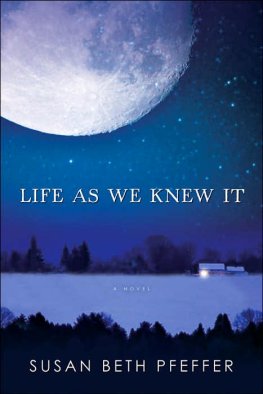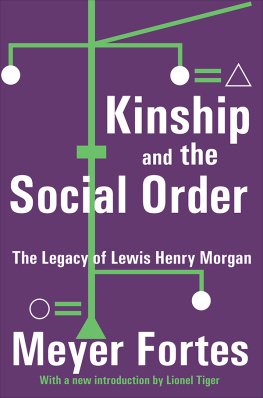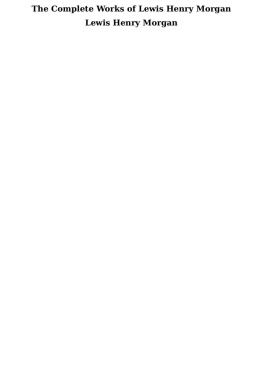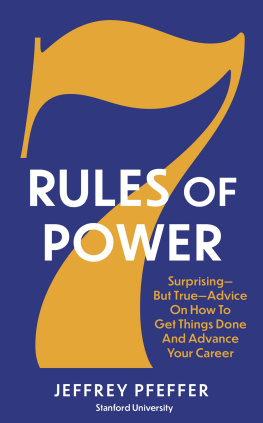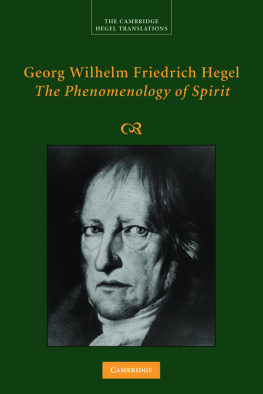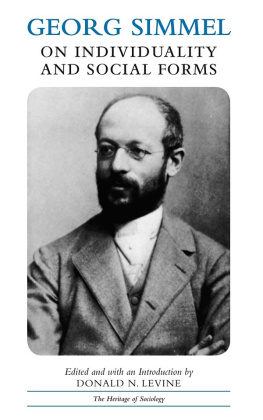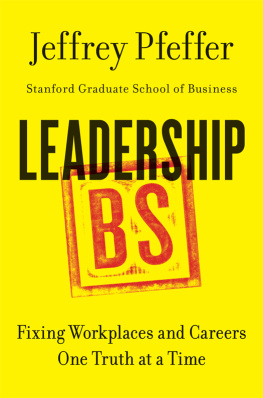LEWIS HENRY MORGANS COMPARISONS
LEWIS HENRY MORGANS COMPARISONS
Reassessing Terminology, Anarchy and Worldview in Indigenous Societies of America, Australia and Highland Middle India
Georg Pfeffer
First published in 2019 by
Berghahn Books
www.berghahnbooks.com
2019 Georg Pfeffer
All rights reserved. Except for the quotation of short passages for the purposes of criticism and review, no part of this book may be reproduced in any form or by any means, electronic or mechanical, including photocopying, recording, or any information storage and retrieval system now known or to be invented, without written permission of the publisher.
Library of Congress Cataloging-in-Publication Data
A C.I.P. cataloging record is available from the Library of Congress
Library of Congress Cataloging in Publication Control Number: 2019015097
British Library Cataloguing in Publication Data
A catalogue record for this book is available from the British Library
ISBN 978-1-78920-317-2 hardback
ISBN 978-1-78920-318-9 ebook
Contents
Introduction
The Initiative
Chapter 1
The Life and Work of Lewis Henry Morgan (181881)
Chapter 2
Tools and Types
Chapter 3
Seneca Revisited
Chapter 4
Omaha Skewing Reconsidered
Chapter 5
Highland Middle Indian Terminologies
Chapter 6
Schneider, Relatedness, Malayan and a General Comparison
Chapter 7
Social Evolution and the Australian Anomaly
Chapter 8
Order in Anarchy: HMI Gentile Organization Compared
Chapter 9
Bridewealth and Gender in Highland Middle India
Chapter 10
The Dark Side of the Moon
Conclusion
For the Record
Figures and Tables
Figures
Tables
Acknowledgements
The ethnographic basis of this book is a result of fieldwork encouraged and supported by Mrs Dugli Nayak and Dr Radhakanth Nayak, I.A.S, Secretary to the Government of India (retired) and founder patron of the National Institute of Social Work and Social Sciences (NISWASS) in Bhubaneswar/Odisha. Over about a quarter of a century, almost every year they enabled me to recover my spirits and my physical energy at their home after spending some months in the highlands of their province. Since 1972, they have allowed me to benefit from their personal integrity, their neverending enthusiasm, their intellectual inspiration and their steadfastness when faced with adverse pressure.
My sincere gratitude also goes to Dr Eva Reichel, whose wonderful command of English helped me to improve the language of this book, just as her anthropological queries made me reconsider a good number of its important issues.
INTRODUCTION
The Initiative
Recently I brought out a book on about forty different societies of which the respective constitutions were determined by kinship as conceived by real people (Pfeffer 2016). The work was based upon outstanding anthropological monographs of the English-speaking world and showed that these social systems displayed a rather limited number of formal variations. It was thus meant to indicate how anthropos, irrespective of the given particular history, had tested and refined a relatively small number of styles to conceive and organize society, i.e. institutional patterns quite different from those of the Weberian legal-bureaucratic mode that had been disseminated across the globe, nowadays overshadowing all others. Thereafter, on noticing that Lewis Henry Morgans first major comparative and theoretical work had been completed about 150 years ago, I realized that ever since this outstanding achievement, the additional theoretical insights into the subject had not really been overwhelming compared to Morgans giant step in the 1860s. The time seemed to have come to reassess specific aspects of this achievement. For the readers, such a venture may require certain clarifications that can be seen as a major outcome of anthropological efforts since this beginning in the nineteenth century.
Clarifications
Kinship is not kinship. The former, for better or worse, is the basic tie connecting a persons family members and perhaps more distant relatives, as long as they are identified as kin and understood to share some of the persons ancestors. By contrast, kinship stands for the structure of many societies that used to preoccupy sociocultural anthropology, since they were known as anarchic or else as peasant societies.
Kinship terms are labels to address or to refer to kin. The latter are specific persons and as such are the smallest units of our species. They are Egos kin, with the position of Ego standing for the speaker articulating the terms. A single kin is known to have resulted from physical activities, i.e. procreation and birth, performed by the common parents or more distant forebears that these kin share with Ego. According to this definition, kinship results from acts of nature, though in very rare cases, natural actors may be substituted by official institutions executing formal measures of individual adoption.
Kinship terms, on the other hand, are irrespective of genealogical links labels of sociocultural categories providing public order for numerous past and present societies across the globe. Ego does not simply apply these terms in order to designate a limited number of individuals naturally related to him or her; rather, their application allocates a public status to each person involved in this process. Accordingly, addresses and references provide essential social orientation to members of the given anarchic or peasant community. Such generalized applications of kinship terms always follow a specific pattern of the social categories that appears to result from arbitrary principles of classification. Because of such apparent arbitrariness, the pattern is an object of sociocultural research. No known human actors are understood to have introduced these structures of kinship terms. The categories and their variant pattern result from a given classification. Morgan recognized and explained this difference between kinship and kinship, though he did not use my phrases and arguments in his writings. In his own words, he also pointed out that kinship was not a relevant subject of scholarly preoccupation, whereas kinship would answer basic questions on the sociocultural existence of anthropos.
After his ethnographic book on the Iroquois of New York State (1901 [1851]), Morgan compared the relationship terminologies of many Native North American peoples with each other and with European as well as Middle Eastern nomenclatures. As has been frequently described, he then continued the same kind of comparative inquiries by sending out questionnaires to residents of other continents, before finally bringing out the results of this research on Systems of Consanguinity and Affinity of the Human Family (1871) in his scholarly magnum opus.
Some years later, Morgan tried to describe and distinguish several periods of human evolution. The focus of these discussions were two plans of government, the earlier one founded on persons and gentilism (



